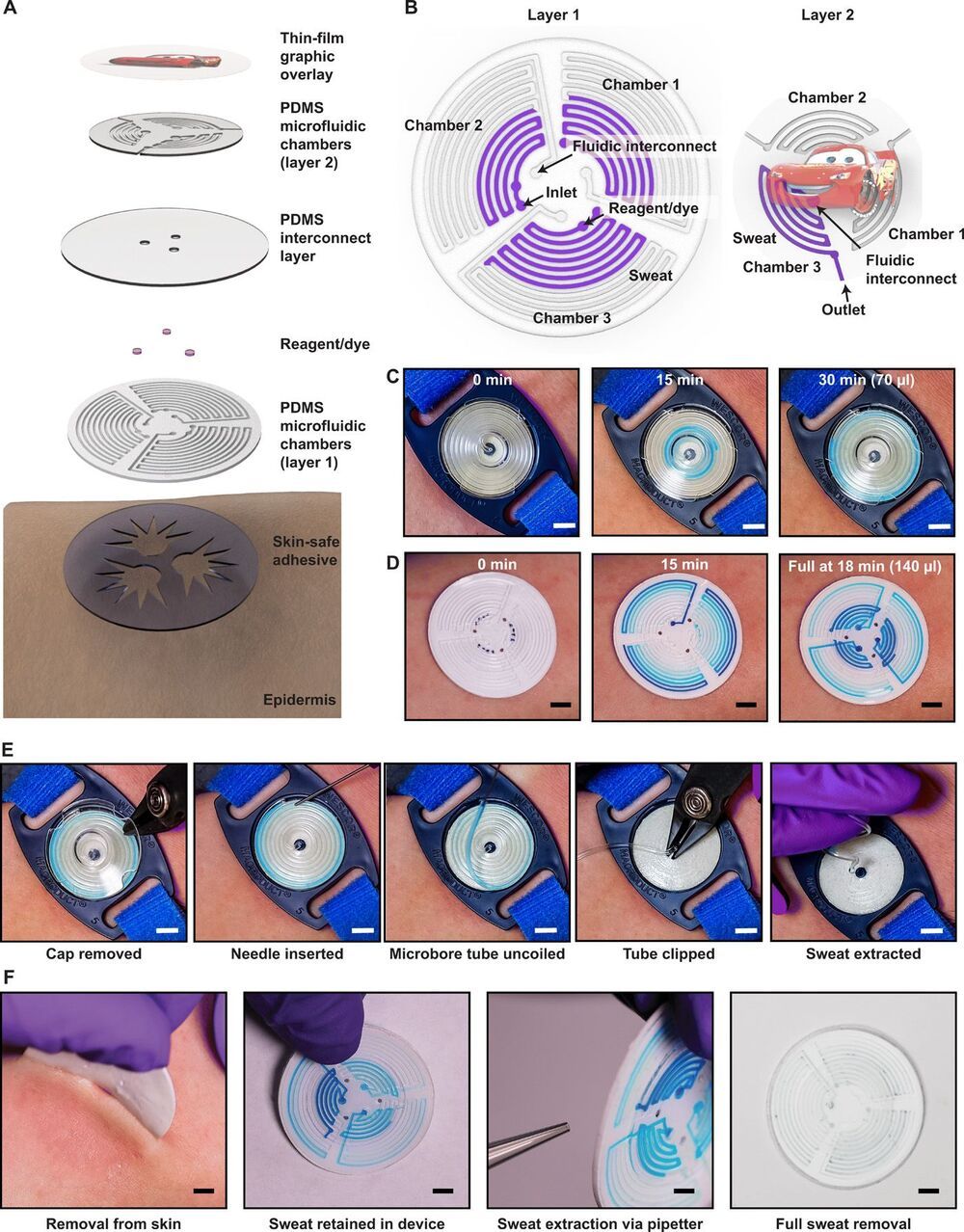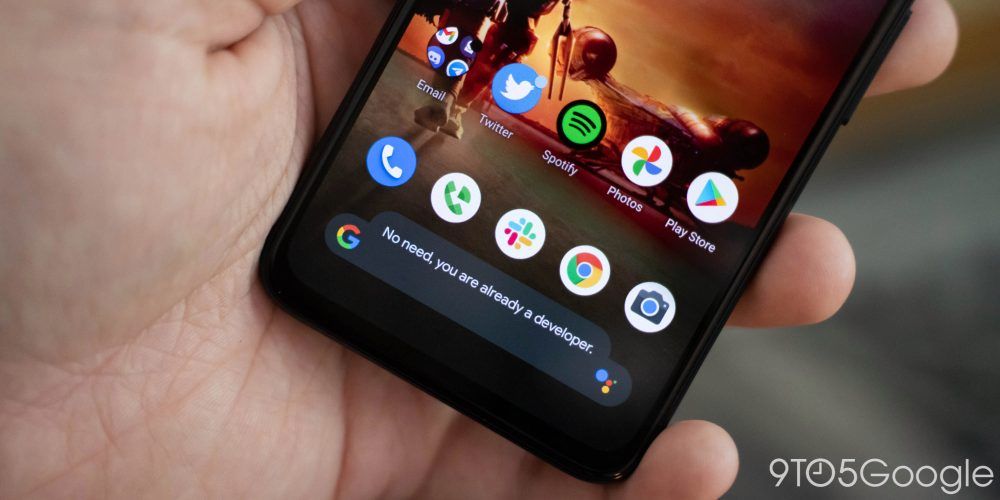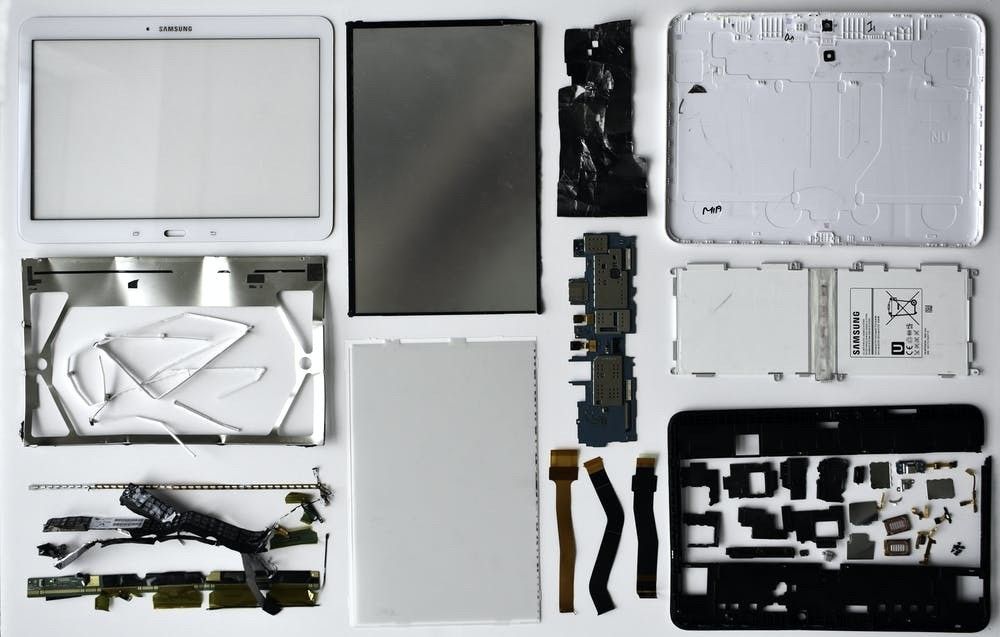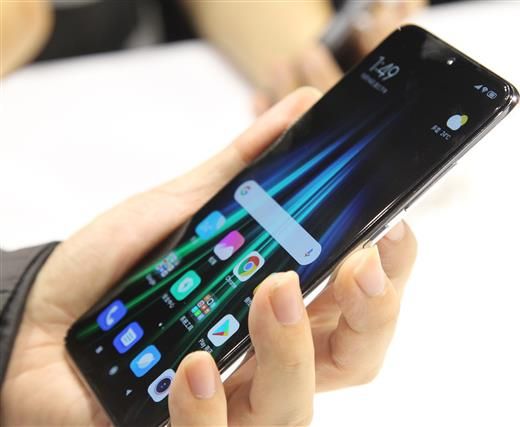Cystic fibrosis is diagnosed in infants by use of sweat testing as elevated chloride concentrations in sweat are indicative of cystic fibrosis. The current approach can have poor sensitivity and require repeated testing. Toward the goal of developing a noninvasive, simple test for cystic fibrosis, Ray et al. devised an adhesive microfluidic device, or “sweat sticker,” to capture and analyze sweat in real time with colorimetric readout. Benchtop testing and validation in patients with cystic fibrosis showed that smartphone imaging of sweat stickers adhered to the skin could monitor sweat chloride concentrations. Results support further testing of the sweat stickers in larger studies.
The concentration of chloride in sweat remains the most robust biomarker for confirmatory diagnosis of cystic fibrosis (CF), a common life-shortening genetic disorder.








